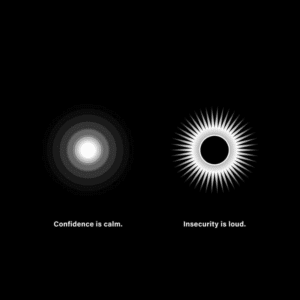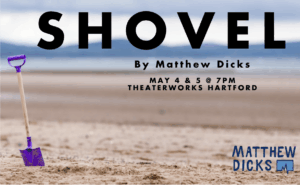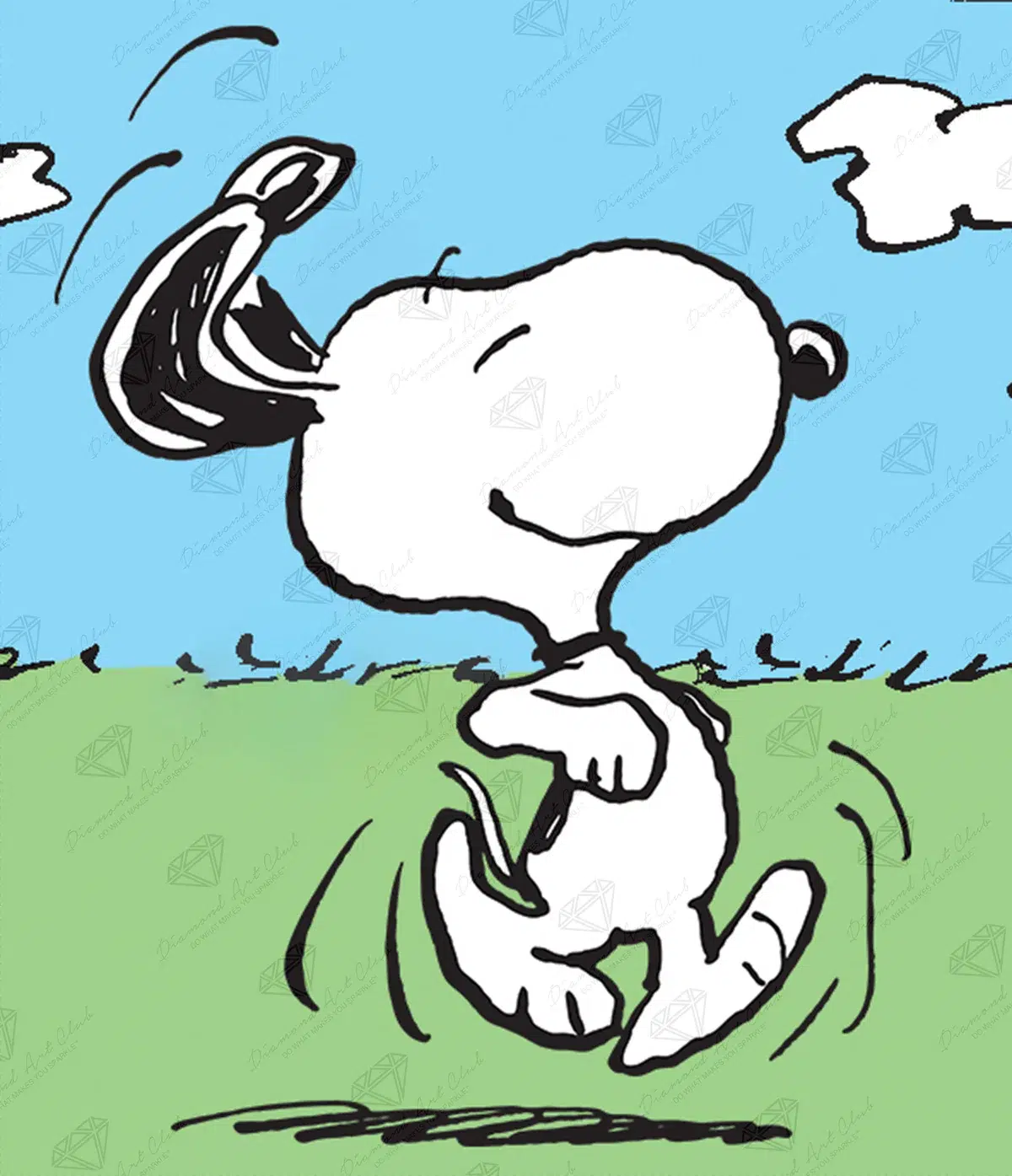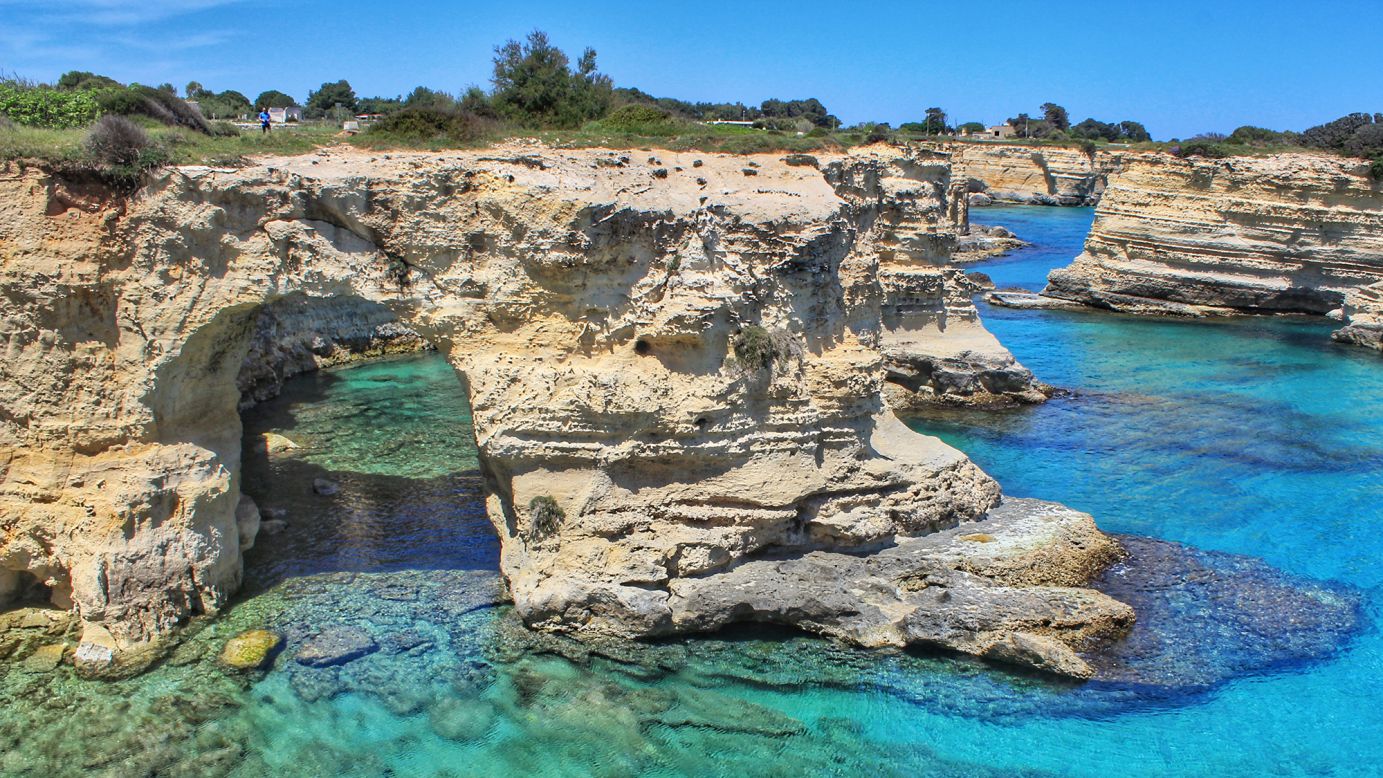The more I work with people—students and adults—the more convinced I’ve become that confidence is the most important quality a person can possess.
Confidence is often the difference between performing well and stumbling along.
It’s the difference between being able to defend your idea with force and skill and faltering under pressure.
It’s the difference between believing that you can solve a problem and doubting yourself every step of the way.
I spend my days consulting with professionals on storytelling and communication, but over the years, I’ve also been asked, again and again, by many people to teach workshops on four other topics:
- Humor
- Leadership
- Argumentation and debate
- Confidence
But the request for lessons outpaces the others by a wide margin, probably because the other three require a great deal of confidence to succeed.
You can’t be funny unless you think you’re funny.
You can’t successfully argue and debate without a certain degree of fearlessness.
You can’t lead others unless you believe in yourself.
Confidence makes everything easier. It allows for less preparation. A greater willingness to enter uncertain and potentially fraught situations. A genuine desire to tackle the toughest of challenges.
Confidence reduces stress. Squashes worry. Destroys fear.
Confidence also allows mistakes to simply be mistakes. Confidence prevents errors from defining self or threatening ego. Confidence allows for the productive reception of critical feedback alongside the easy deflection of unwarranted, unjustified, and useless criticism.
Confidence makes the days easier. Turns uphill climbs into downhill glides.
As an elementary school teacher, I teach many things to my students over the course of the school year:
Reading. Math. Writing, Science. Social studies. Social and emotional health. Conflict resolution. Cursive. Sign language. Listening and speaking. Problem solving. Shoe tying. Internet safety. Table manners. The value of hard work. The importance of kindness. The necessity of independent thought and action.
So much more.
But I’ve become convinced that the most important thing I help my students achieve is confidence—a belief in themselves.
I mentioned this last week to my students, and many of them immediately and vigorously signed the word “Agree” to me.
They, too, feel the value of their budding, growing, blooming confidence.
But here’s the thing:
When an adult asks me to consider teaching a course on confidence, I’m at a loss. How is this even possible? Confidence is born from many things, but it primarily comes through life experience:
Climb enough mountains, slay enough dragons, and survive enough disasters, and confidence is likely to bloom.
I’m likely confident (and perhaps overconfident) simply because of the challenges that I have faced over the course of my lifetime. When you’ve been taking care of yourself since you were 18 years old, jailed and tried for a crime you didn’t commit, homeless for a period of time, robbed and tortured at gunpoint, and brought back to life via CPR twice, most problems seem fairly insignificant by comparison.
You start to believe that if you can survive those things—and many more—you can do anything.
Thus confidence blooms.
But how does one teach this?
In school, I can present my students with mountains to climb and support their ascent. I can offer them dragons in need of slaying and help sharpen their swords. I can support them through their daily disasters and help them see the light at the end of their tunnels. I can assist them in finding their authentic voice.
But adults?
Human beings who don’t spend seven hours a day, five days a week with me?
I’m not sure it’s possible.
Confidence is perhaps the most valuable thing a person can possess, yet I’m not sure if it’s teachable.
How annoying.







